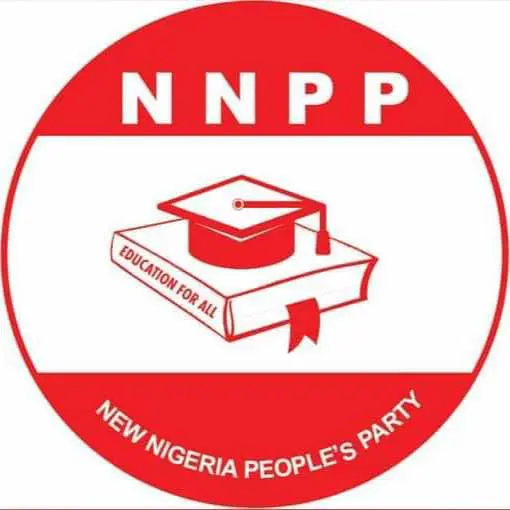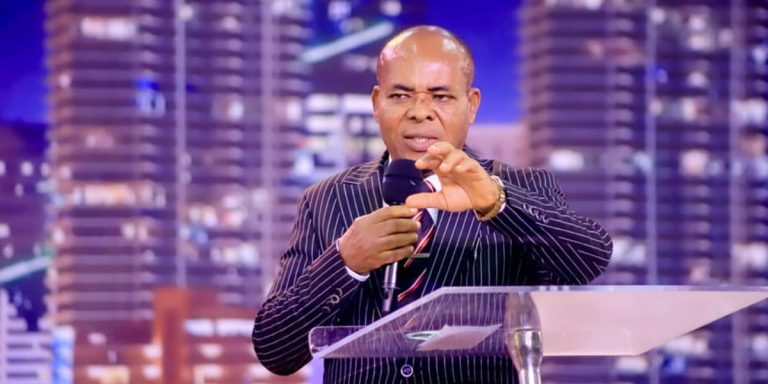Nigeria is considering a drastic measure to boost voter turnout in elections. A bill that would make voting compulsory for all eligible citizens has passed its second reading in the House of Representatives. The proposed legislation, sponsored by Speaker Tajudeen Abbas and Daniel Ago, aims to increase citizen participation in elections, which has been historically low in the country. According to Samson Itodo, Director of Yiaga Africa, Nigeria has the lowest voter turnout in Africa, with only 25% of registered voters participating in the last election.
While Itodo acknowledges the rationale behind the bill, he strongly opposes the imposition of a six-month jail term for those who fail to vote. He describes this move as “draconian” and believes it undermines the freedom to participate in the electoral process. Itodo argues that not participating in elections can also be a form of political participation and that the National Assembly should focus on ensuring that votes count and that elected officials deliver good governance.
Itodo cites Australia as an example of a country that practices compulsory voting, but notes that Nigeria’s situation is unique. He believes that the proposed bill is an overkill and unlikely to pass. Instead, he suggests that the National Assembly should focus on building trust in the electoral process and ensuring that elected officials are accountable to the people. When people feel that their votes count and that their leaders are working in their best interests, they are more likely to participate in elections.
The proposed bill has sparked a debate about the best way to increase voter turnout in Nigeria. While some argue that compulsory voting is necessary to ensure that citizens participate in the democratic process, others believe that it is an infringement on individual freedom. As the bill moves through the legislative process, it remains to be seen whether it will become law and what impact it will have on Nigeria’s electoral landscape.
Itodo’s comments highlight the need for a more nuanced approach to addressing low voter turnout in Nigeria. Rather than relying on coercion, the National Assembly should focus on building trust and ensuring that the electoral process is free, fair, and transparent. By doing so, they can encourage citizens to participate in elections and build a more robust and inclusive democracy. Ultimately, the success of Nigeria’s democratic system depends on the active participation of its citizens, and it is up to the government to create an environment that fosters engagement and trust in the electoral process.



